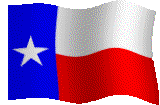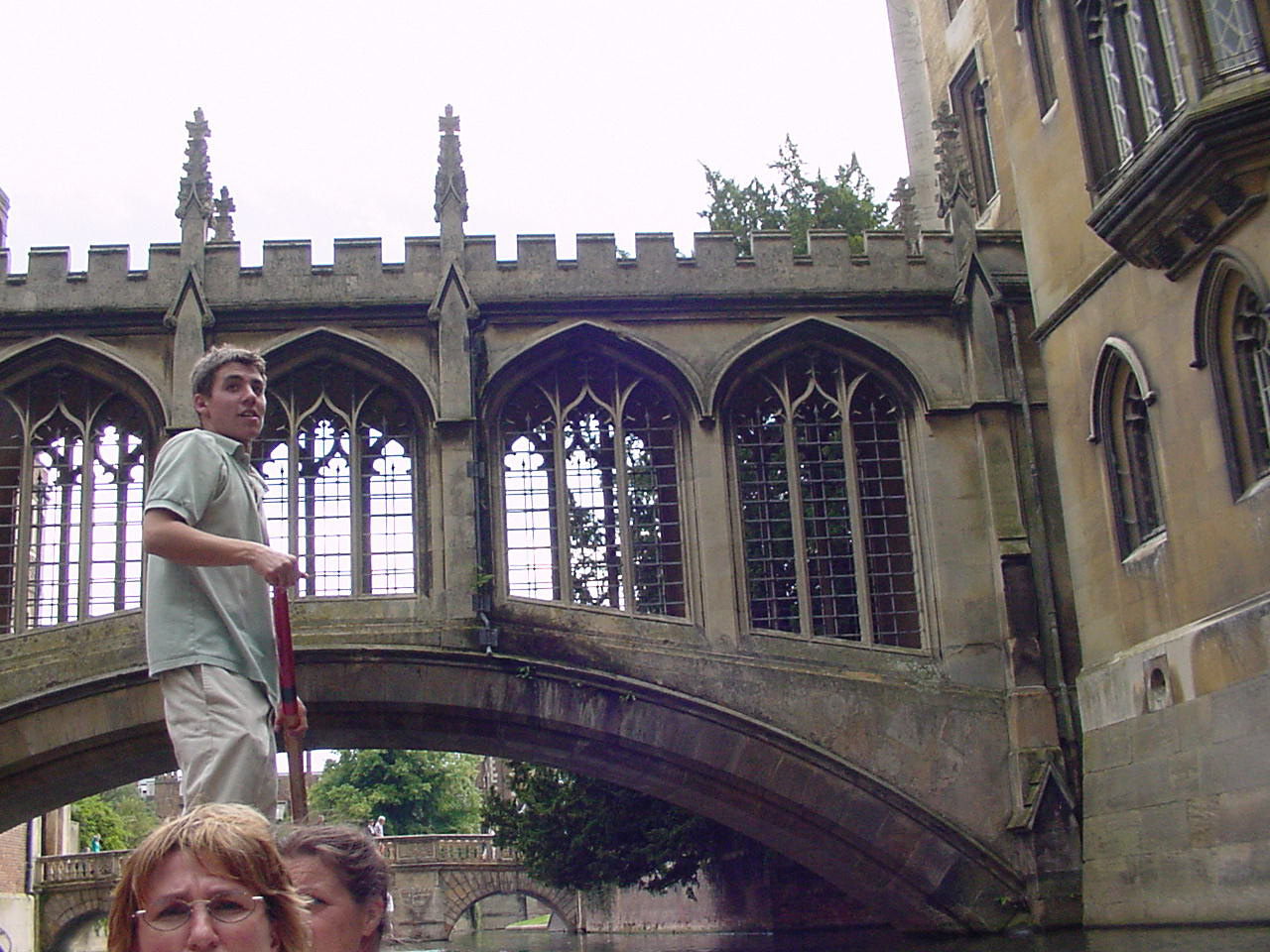VIRTUAL EXCHANGES
U.T. STUDENTS STUDY ABROAD



Cambridge
Cambridge University dates back to 1209, when, after a clash with the townspeople, some of the clerks at Oxford migrated to Cambridge. The first college was Peterhouse, established in 1284 by Hugh de Balsham, bishop of Ely. Royal patronage led to expansion: Henry VI founded King's College in 1441 and Henry VIII established Trinity College in 1546. After the Reformation, the poor students largely disappeared, to be replaced by the sons of wealthy families. Many of the leading figures of the Renaissance of learning were associated with Cambridge, including Erasmus, Ascham, and Fisher. As puritanism flourished in East Anglia, Cambridge supported the parliamentary cause in the Civil War. Academically, Cambridge was characterized by the growth of science, with Newton at Trinity its best-known exponent. Cambridge's scientific reputation was further enhanced with the opening of the Cavendish Laboratory in 1873. Two women's colleges were established at this time, Girton in 1869, Newnham in 1871.
For the first six centuries of its existence, Cambridge, like Oxford, was a seminary, and until 1871 fellows were required to be celibates in holy orders. The older foundations date from the Middle Ages, like Corpus Christi College (1352), Pembroke (1357), and Trinity Hall (1390). Several are Tudor, such as Christ's (1505), Trinity, and Emmanuel (1584). Downing was founded in 1800 after a protracted and troublesome legal action over the original bequest by Sir George Downing in 1717. Selwyn and St Edmunds came in the late 19th cent. (1882, 1896). During the 1960s, no fewer than six new colleges came into existence, Churchill (1960), Darwin (1964), Lucy Cavendish (1965), Clare Hall (1966), Fitzwilliam (1966), and Wolfson (1969). Robinson College opened in 1977.
"Cambridge University" A Dictionary of British History. Ed. John Cannon. Oxford University Press, 2001. Oxford Reference Online
The University of Cambridge has more Nobel Prize winners than any other institution.
• 80 affiliates of the University of Cambridge have won the Nobel Prize since
1908.
• Affiliates have won in every category, with 29 Nobel prizes in Physics, 22
in Medicine, 18 in Chemistry, seven in Economics, two in Literature and two in
Peace.
• Trinity College has 31 Nobel Prize winners, the most of any college at Cambridge.
• Dorothy Hodgkin is the first (and only) woman from Cambridge to win a Nobel
Prize, for her work on the structure of compounds used in fighting anaemia.
• In 1950, Bertrand Russell became the first person from Cambridge to win the
Nobel Prize in Literature, for his 1946 work, 'A History of Western Philosophy'.
• Frederick Sanger, from St John's, is one of only four individuals to win a
Nobel Prize twice. He won the Nobel Prize in Chemistry in 1958 and 1980.
• In 1991, Harvard University created its own spoof of the Nobel Prize, called
the 'Ig Nobel Prize'. Ten prizes are awarded each year for 'achievements that
cannot or should not be reproduced'. The University of Cambridge has had no winners.
